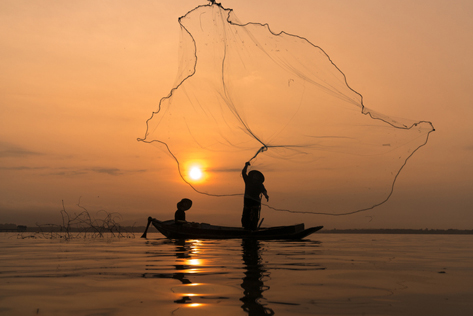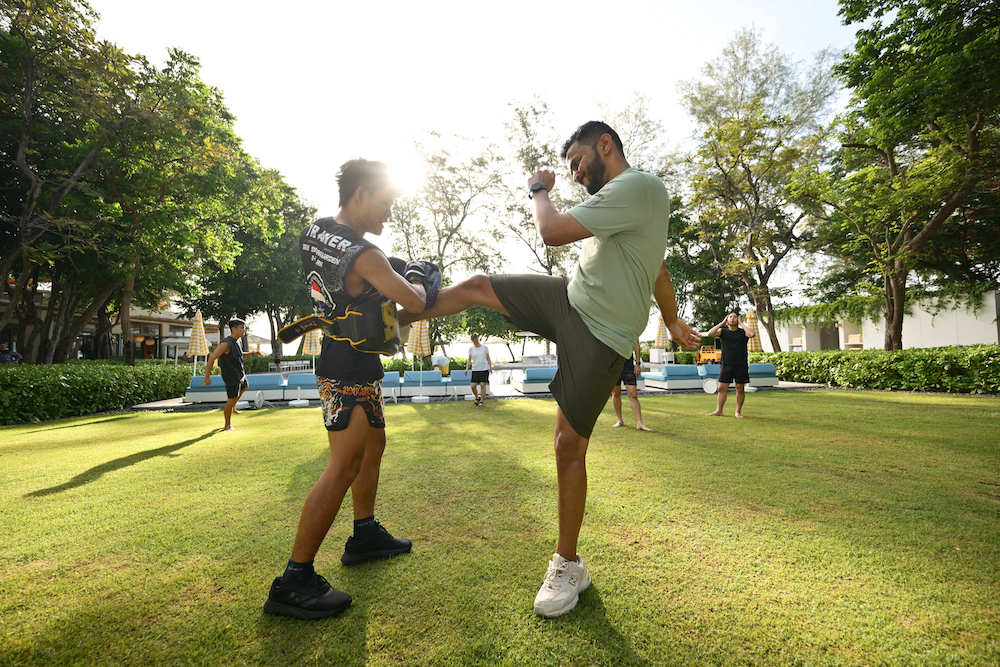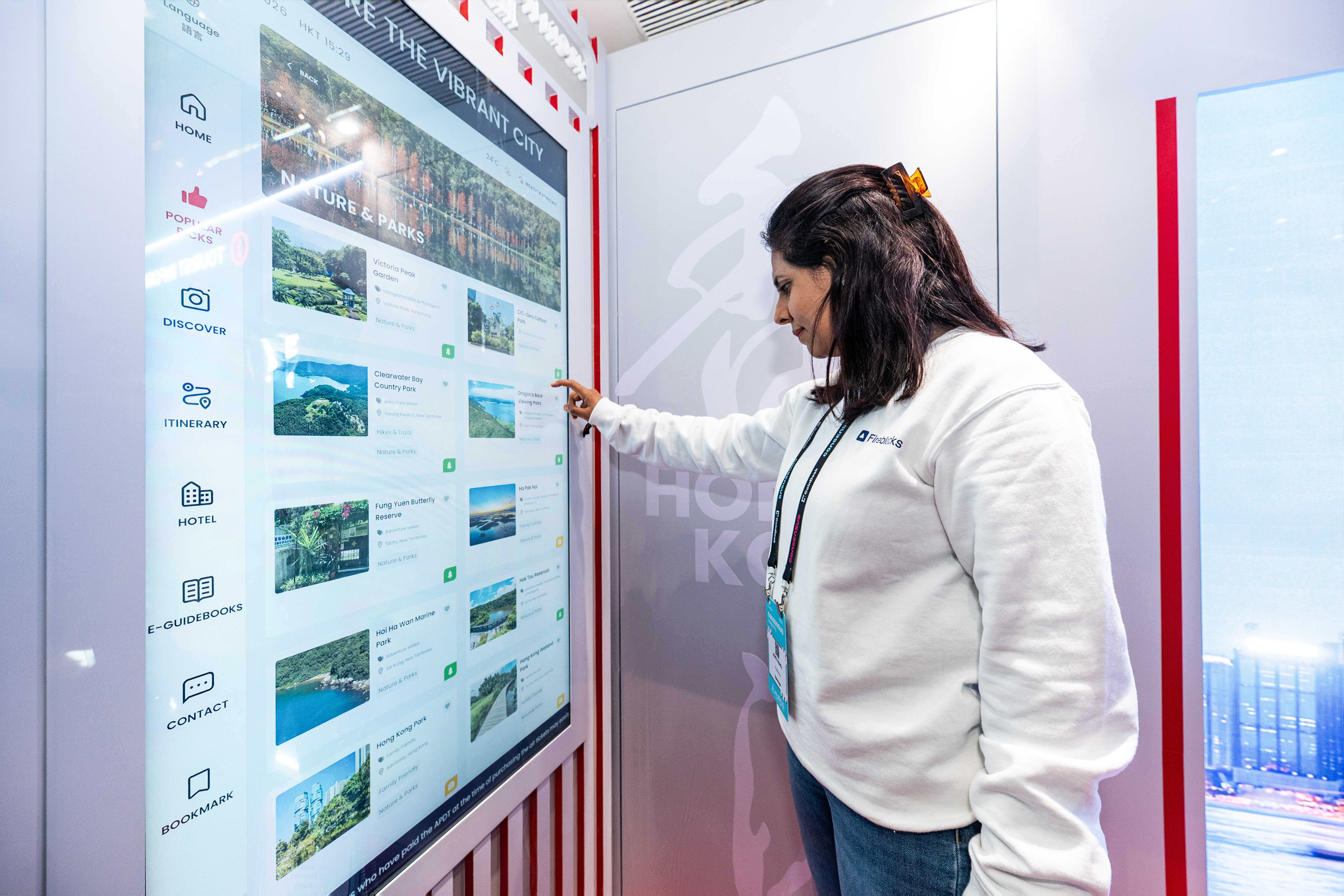
It is time that travel agents and group tour operators in the West started promoting travel to Myanmar again. It is unfair to punish the tens of thousands of modestly paid Myanmar citizens who, since 2011, have become dependent on tourism.
There is no official boycott. But based on media coverage of the situation in Rakhine State, western European arrivals via Yangon International Airport in 2018 are down 25 per cent over 2017. Australia down 19 per cent, eastern Europe down 5 per cent.
Asian visitors, however, have increased 8 per cent, with Chinese up 38 per cent. In Myanmar it is tourism businesses dependent on western European and Australian visitors who are hurting the most.
The Ministry of Hotels and Tourism has reported that many inbound small tour operators are returning their licences due to the fall off in bookings in 2018.
With the de facto boycott, such people are not only on the back foot financially, they have incurred debts and are leaving the tourism sector, possibly never to come back.

I feel for small-scale entrepreneurial Burmese who opened a café or got loans to buy canoes for tourists to use. I feel for young people who studied tourism and hospitality at college. They are now being punished by a tourism downturn that kills hope and will bring no upside.
The embargo has broken implicit promises. When Myanmar transitioned from a dictatorship to a relatively open democracy between 2008 and 2015, tourism was held up as a friend. Thousands of Burmese grasped the opportunity to start businesses – even if it was just borrowing money from an uncle to buy bicycles for tourists to rent.
More on Myanmar: Factor168’s live business event
The boycott has changed things. Tourism workers who used to receive small amounts as waiters, tour guides, vendors and rickshaw drivers are now out of a job or forced to sell betel nut or cigarettes on the street corner.
Environmental and cultural preservation initiatives have been hurt too, especially those dependent on tourists. I know of one tour operator who has less money to donate to the Burmese Star Tortoise project and village well construction in the central arid zone of Myanmar.
Importantly, the boycott is not helping Rohingya – the mostly Muslim ethnic group in which has borne the brunt of Myanmar army and vigilante aggression over the past two or so years.
If Western governments want to punish the aggressors, there are more sophisticated and targeted measures: freezing overseas bank accounts of military strongmen; denying visas to the families of senior army members implicated in the Rohingya pogrom. Indeed, there may be scope for the International Criminal Court in The Hague to bring charges.
Myanmar hot-air balloon festival reaches new heights
Interventions need to be targeted. Human rights groups such as Amnesty International and the US Holocaust Museum have withdrawn honours formerly bestowed on Aung San Suu Kyi. Such measures correctly target Burmese elites with power and influence, not poor people surviving, often tenuously, in the tourism economy.
The Rohingya crisis is political. It needs a political solution – not the penalising of tourism personnel.
My message, therefore, to tour operators and groups is, go! Go to Myanmar!
But while there, make a point – the best you can – of spending with local small tourism businesses. Disperse your business event dollars around the country.
Bringing your groups to Myanmar will do more to rebuild peace, prosperity and tolerance there than staying away.
Ken Scott is a former travel journalist who worked in Southeast Asia and is founder of ScottAsia Communications. This article is an edited version of a piece published in the inaugural edition of Ken’s Seriously newsletter


